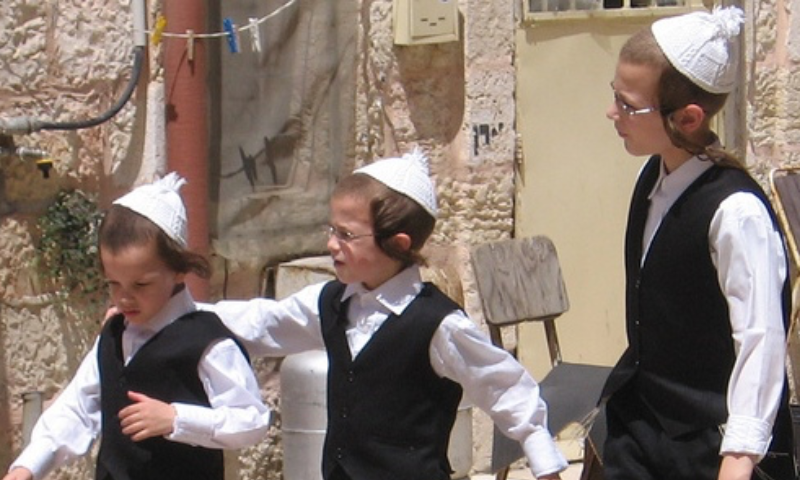Jonathan S. Tobin
JNS, Sept. 12, 2022
“As much as it would be easy to dismiss the story, if test scores and reports from other sources, including from Jews who are deeply worried about the failure of this system to prepare its students for any sort of a productive life other than Torah scholarship—are to be trusted, then there is more here than cultural or religious bias.”
After more than a century of biased reporting about Israel, contempt for Zionism, and a lack of interest in reporting about antisemitism, readers are right to regard any coverage of the Jewish community by The New York Times with skepticism, if not justified suspicion of ill intentions. So, after the Times invested a year of the time of two reporters and who knows how many researchers in investigating conditions in schools run by the ultra-Orthodox community and Chassidic sects in the greater New York area, the assumption on the part of many Jews was that the product of this effort would reek of prejudice.
That explains why the reaction from many Jews to the massive front-page feature published on the subject by the Times this past Sunday was intense and angry. They wondered why, in an era when inner-city public schools are notoriously failing their students, the newspaper thought that schools run primarily by Chassidic Jews in Brooklyn and Rockland County were deserving of so much scrutiny. That much of the reporting seemed to be driven by criticisms of these communities by former members who complain that they emerged from these schools lacking basic skills in English or math, as well as with stories about suffering beatings by teachers, also left many Jewish readers thinking that an anti-Orthodox agenda rather than justified concerns were behind the decision to report and publish the piece.
That the Times also took the extraordinary step of publishing the story in Yiddish and included a form response for those with experiences in these schools to send in their thoughts also seemed to indicate that the goal of the project was to disparage the Jewish community. That it came after the last two years when politicians and news outlets unfairly scapegoated the ultra-Orthodox for spreading COVID-19 deepened the hurt. The fact that the Times continues to ignore an epidemic of antisemitic attacks on this community from African-American assailants has also created a situation in which nothing the paper is likely to publish on related subjects will be taken as anything other than an attack by many Jews.
But even if all that is true, and the Times’ reporting does betray a cultural bias and condescension on the part of its staff and the overwhelmingly liberal readership of the paper, does that mean any scrutiny of ultra-Orthodox schools is inherently antisemitic?
As much as it would be easy to dismiss the story, if test scores and reports from other sources, including from Jews who are deeply worried about the failure of this system to prepare its students for any sort of a productive life other than Torah scholarship—are to be trusted, then there is more here than cultural or religious bias. … SOURCE


